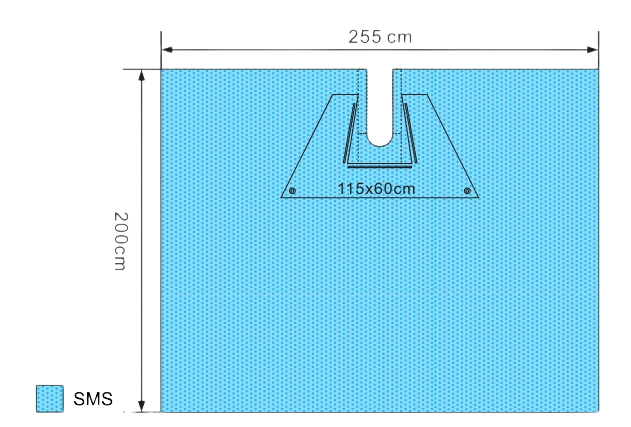The Environmental Impact of Disposable Surgical Products
9/23/20241 min read


Understanding Disposable Surgical Products
Disposable surgical products play a vital role in modern healthcare, ensuring safety and hygiene during medical procedures. These items, ranging from gloves to syringes, are designed for single-use applications to prevent infections and maintain sterility. However, their convenience comes at a cost—an environmental price that can no longer be ignored.
The Environmental Footprint
Disposable surgical products contribute significantly to medical waste, which is a considerable environmental concern. According to recent studies, healthcare generates approximately 5.9 million tons of waste annually in the United States alone, with disposable products comprising a large portion of this figure. This waste typically ends up in landfills where it can take hundreds of years to decompose. Furthermore, the production of these items involves the use of resources such as petroleum, which raises issues related to carbon emissions and resource depletion.
Seeking Sustainable Alternatives
To mitigate the environmental impact associated with disposable surgical products, the healthcare industry is exploring sustainable alternatives. Innovations such as biodegradable materials and reusable surgical instruments are gaining traction. Hospitals and clinics are increasingly adopting practices like recycling programs to process their waste more effectively. By leveraging environmentally friendly technologies, the healthcare sector can significantly reduce its carbon footprint and pave the way for a more sustainable future.
In conclusion, while disposable surgical products are essential for maintaining hygiene and safety in medical settings, their environmental impact cannot be overlooked. It is crucial for healthcare professionals, policymakers, and organizations to collaborate in developing and implementing more sustainable solutions. By prioritizing environmental responsibility within the healthcare sector, we can protect our planet for future generations.
© 2024. All rights reserved.
